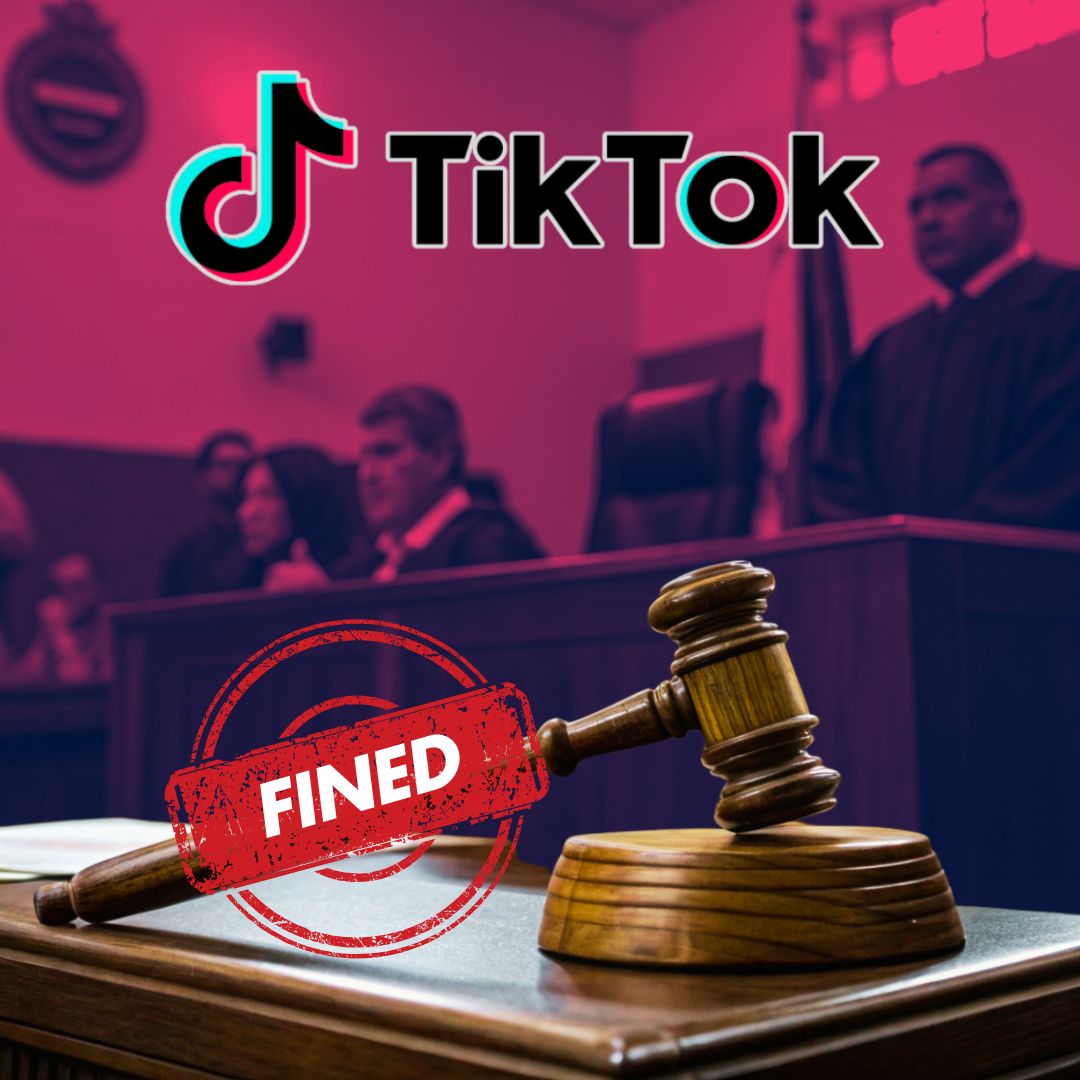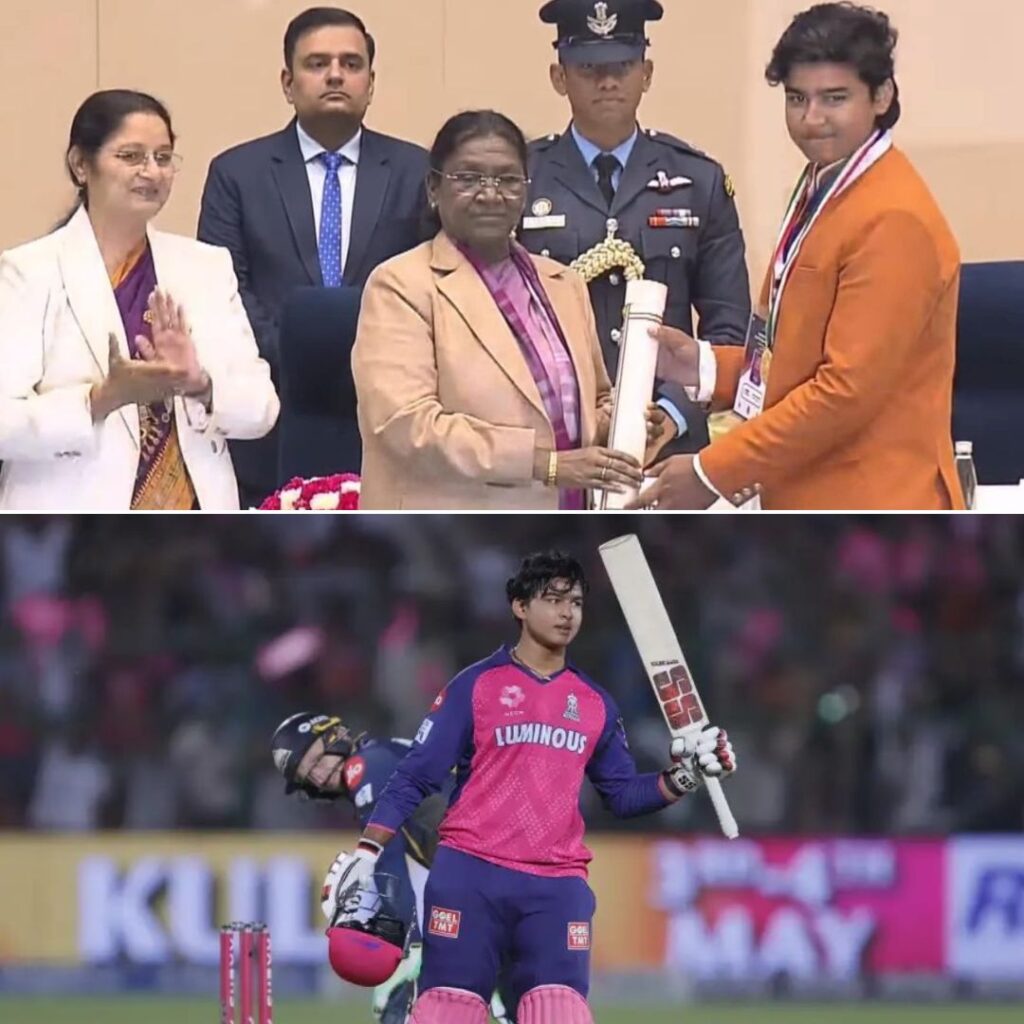Venezuela’s Supreme Court has imposed a $10 million fine (approximately ₹83 crore) on TikTok for allegedly failing to prevent viral challenges that have led to the deaths of three children and injuries to many others. The court ordered TikTok to pay the fine within ten days and to establish a local office to ensure compliance with Venezuelan laws. President Nicolás Maduro has condemned TikTok for these challenges, which he claims involve dangerous substances, and has threatened further action against social media platforms.
Court Ruling and Immediate Consequences
On December 30, 2024, Judge Tania D’Amelio ruled that TikTok acted negligently by not implementing adequate measures to control harmful content on its platform. This ruling follows incidents where three adolescents, aged 12 to 14, allegedly died after participating in dangerous challenges that involved ingesting or inhaling toxic substances.
The imposed fine of $10 million (around ₹83 crore) is intended to fund a compensation scheme for victims affected by these challenges. Additionally, TikTok has been given eight days to comply with the court’s order to open an office in Venezuela, which will oversee content moderation in line with local regulations.
Background and Context
This ruling comes amid escalating concerns regarding the impact of social media on youth safety in Venezuela. President Maduro has publicly blamed TikTok for the alleged deaths of children engaging in viral challenges, including one involving tranquilizer pills that reportedly led to the death of a 12-year-old girl.
Education Minister Hector Rodriguez also mentioned that a 14-year-old died after participating in a challenge involving sniffing substances. These incidents have prompted Venezuelan authorities to consider stricter regulations on social media platforms, reflecting a broader trend of government scrutiny over digital content worldwide.
The Logical Indian’s Perspective
At The Logical Indian, we assert that social media platforms must take greater responsibility for user safety, particularly among vulnerable groups like children and adolescents. The tragic outcomes from these allegedly deadly viral challenges underscore the urgent need for effective content moderation and proactive measures by companies like TikTok.
As we navigate this digital landscape, how can we ensure a safer online environment while still promoting creativity and expression? We encourage our readers to share their thoughts and engage in this vital discussion.











